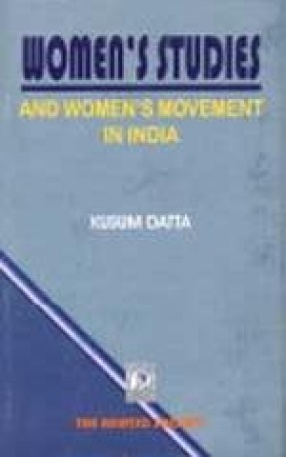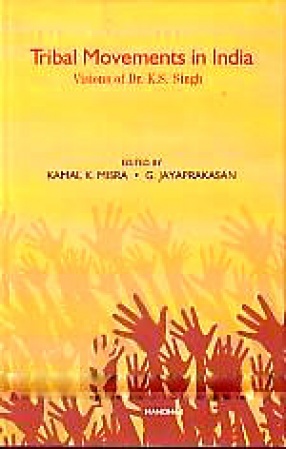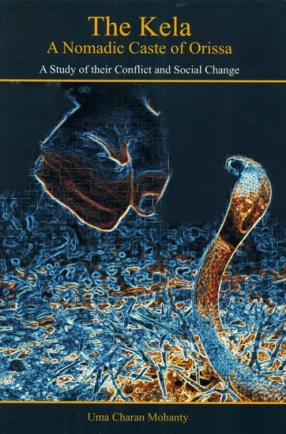Women’s Studies and Women’s Movement in India Since the 1970s: An Overview
In stock
The present book is an attempt to plug an important lacuna in the rich literature on women’s studies in India by providing a panoramic view of the women’s studies movement, its challenges and achievements since the 1970s. Juxtaposed against this are the minutiae of the work of some women’s studies centres that operate within a constrained and often hostile environment. A meticulous use of documents and interviews with some renowned pioneers enables the author to recreate the so far little known history of the institutionalisation of women’s studies in the last thirty years. The book highlights the hurdles Indian women face as feminist scholars and activists in the context of cultural nationalism(s), especially of the fundamentalist kind, and global extension of western capitalism. The study tries to dispel some myths concerning women, particularly that of women being helpless victims of male supremacy and of lacking any agency. As this book argues, the agency of women is clearly seen in the lives of all women, whatever their location or identity. At the same time, it warns against the dangers emanating from the internal fissures among feminist scholars and activists. Another important contribution of the study lies in its argument that Indian women’s studies scholars have never been blind followers of their western counterparts. This is reflected in their balancing of theory with praxis and a context specific use of the methodologies of postcolonialism and postmodernism. In fact, Indian feminists in Diaspora have reshaped these methodologies for the scholarship of the third world. This book will be an essential tool for both students and researchers in understanding women’s studies movement in India.





There are no reviews yet.